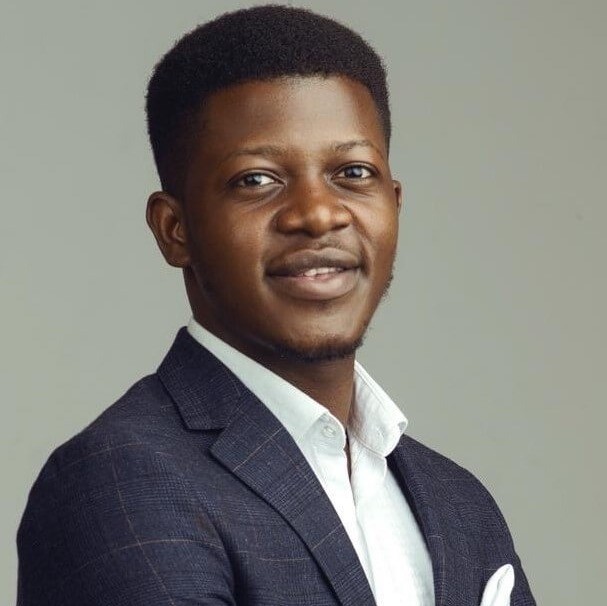What is your educational background?
I completed my PhD degree in Engineering (Composite Structures) at Lancaster University, UK in 2016, having graduated from the University of Liverpool, UK with a First Class in Mechanical Engineering in 2013.
What is your current occupation?
I previously worked as a Researcher/Lecturer in Engineering at the University of Liverpool and currently work as a Research Fellow/Lecturer in Additive Manufacturing (3D Printing) working towards Industry 4.0. This is part of a European Union project entitled SAM (Sector Skills Strategy in Additive Manufacturing) at Brunel University London. My research interests include Engineering Materials and Design, Additive Manufacturing (3D Printing), Industry 4.0, Timber and Composite Structures, Recycling, Sustainability and Waste management. I am also a Writer and Speaker, and I have presented around the world, including in Sweden, South Korea, Italy, Belgium, France, Germany, Ireland, Portugal and the UK. I recently co-founded African Tech Enthusiasts (https://theatenetwork.com/) with some friends, which has a mission to empower African youth through technology. I also write blog posts on my website (https://www.drsotayo.com/) about my university, work, academic and other life experiences with the hope to inspire others
What or who got you into STEM?
My parents, more precisely, I got inspiration from my Father’s role as an Engineer. Also, I enjoyed and did well in Mathematics in secondary school. In addition, one of my inspirations stems from the drive to make a positive difference in society.
What is the biggest challenge/barrier you have faced as an African in STEM?
Bureaucratic barriers limiting access to travel, research and training opportunities.
How do you think your background/upbringing has been beneficial in your journey/career?
My parents have always been very supportive and have provided me with all the inspiration I could desire. They supported my educational aspirations and encouraged resilience, determination and hard work, which are crucial elements that motivate me towards achieving success.
.
How do you think we can start to change the narrative surrounding African contributions
to global STEM research & careers?
Changing the narrative would require a blend of different initiatives which include greater inclusion and diversity schemes (e.g. more women representation in STEM), outreach events (e.g. webinars, workshops) showcasing the importance of STEM careers, greater and transparent funding schemes to support research and training opportunities, and effective dissemination of the exceptional research being carried out locally.
What advice would you like to give to young, aspiring Africans in STEM?
Sheer persistence pays off. Take opportunities, keep learning, keep iterating, keep improving, and in the end, it’ll be worth it.
Do you have any projects you’re working on that you would like us to highlight?
One of my major goals is to inspire and motivate young people, and I have recently designed a website (https://www.drsotayo.com/), where I share blog posts about my experience to inspire different people. I also recently co-founded African Tech Enthusiasts (https://theatenetwork.com/) with some friends, which has a mission to empower African youth through technology. In addition, as part of my current project (Sector Skills Strategy in Additive Manufacturing), I organise and deliver workshops, and presentations to different age groups ranging from school children (e.g. Tech4kids), university students (e.g. doctoral symposium), academic researchers, and industry experts (webinars and workshops) to raise awareness about the Additive Manufacturing (commonly called 3D Printing) technology.








